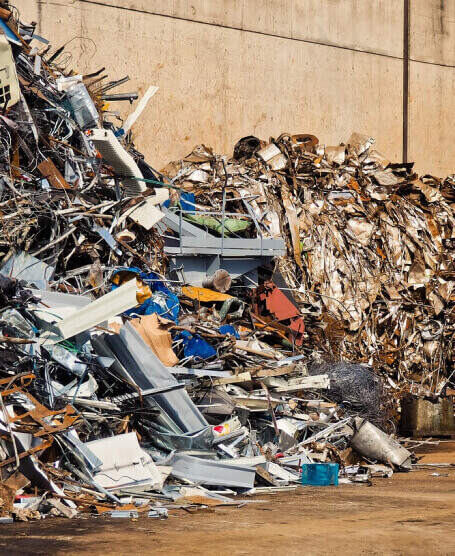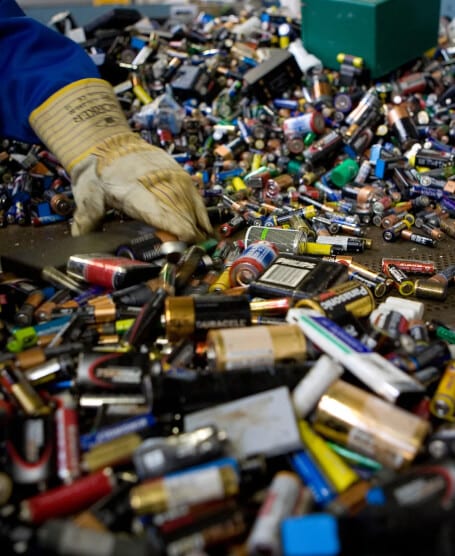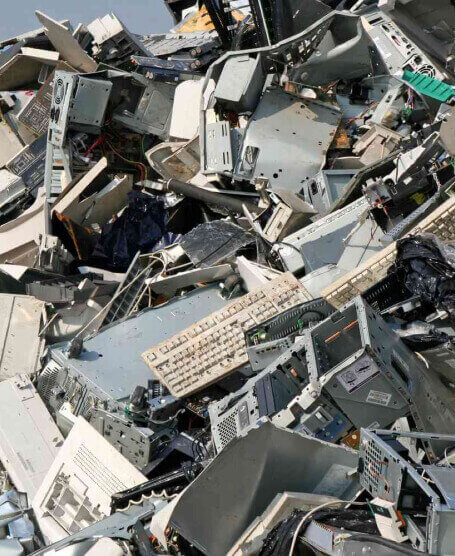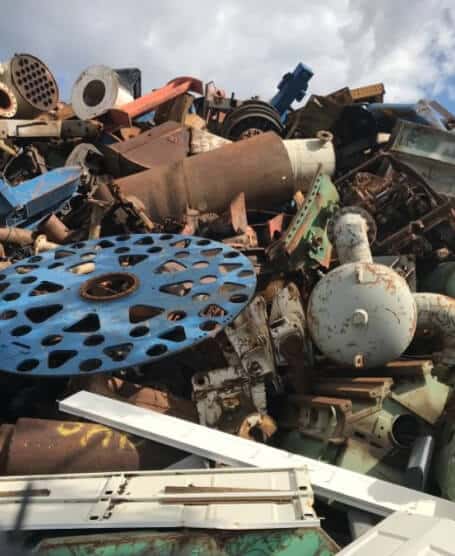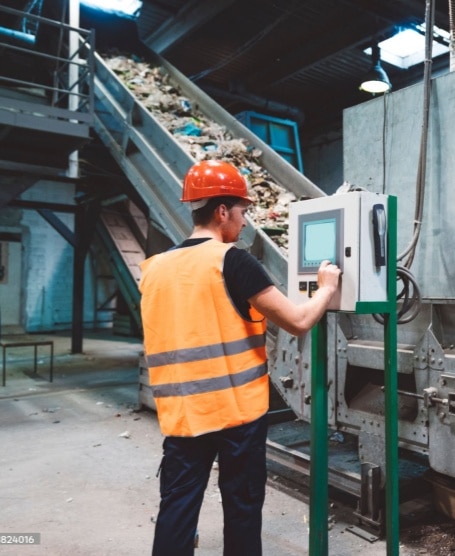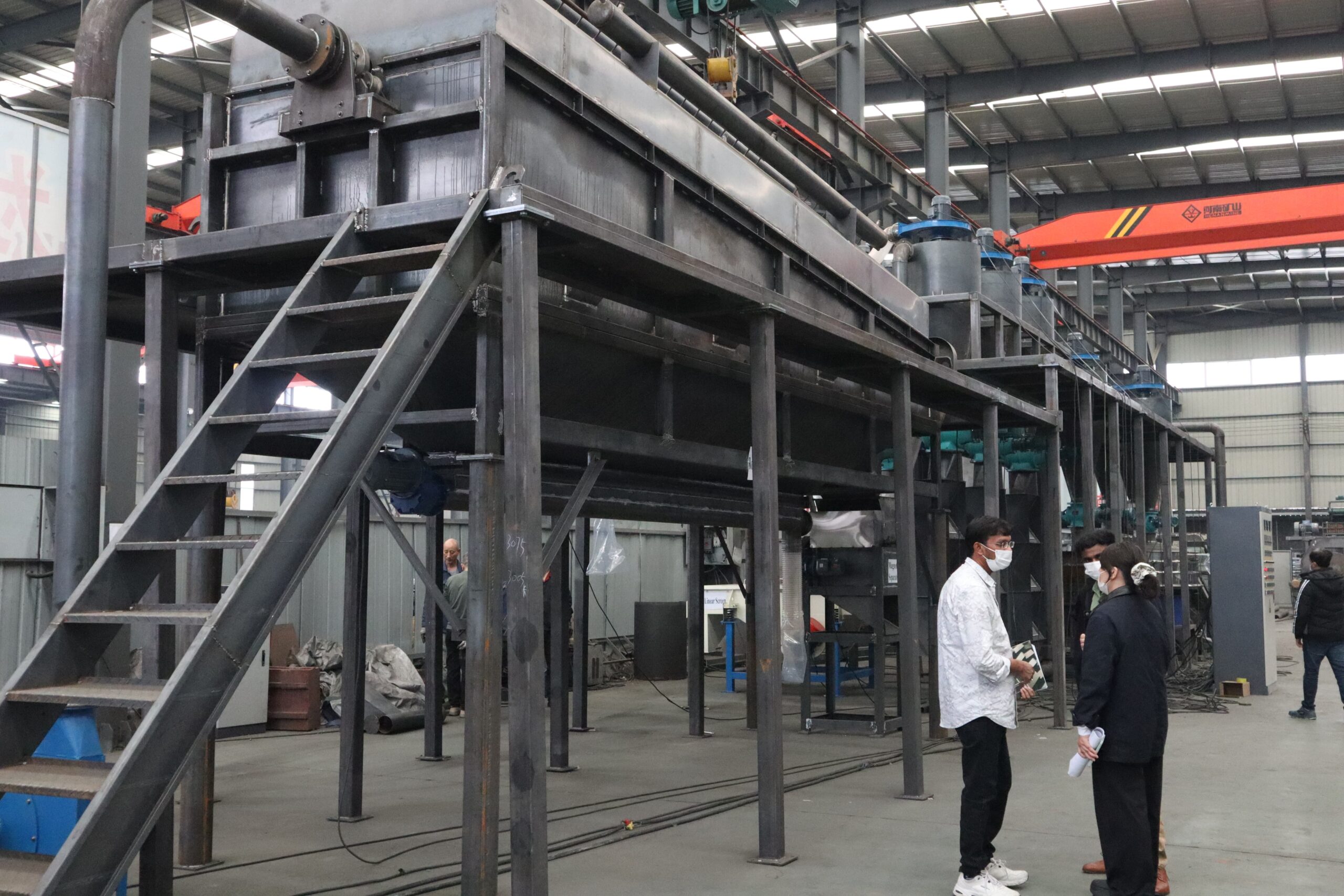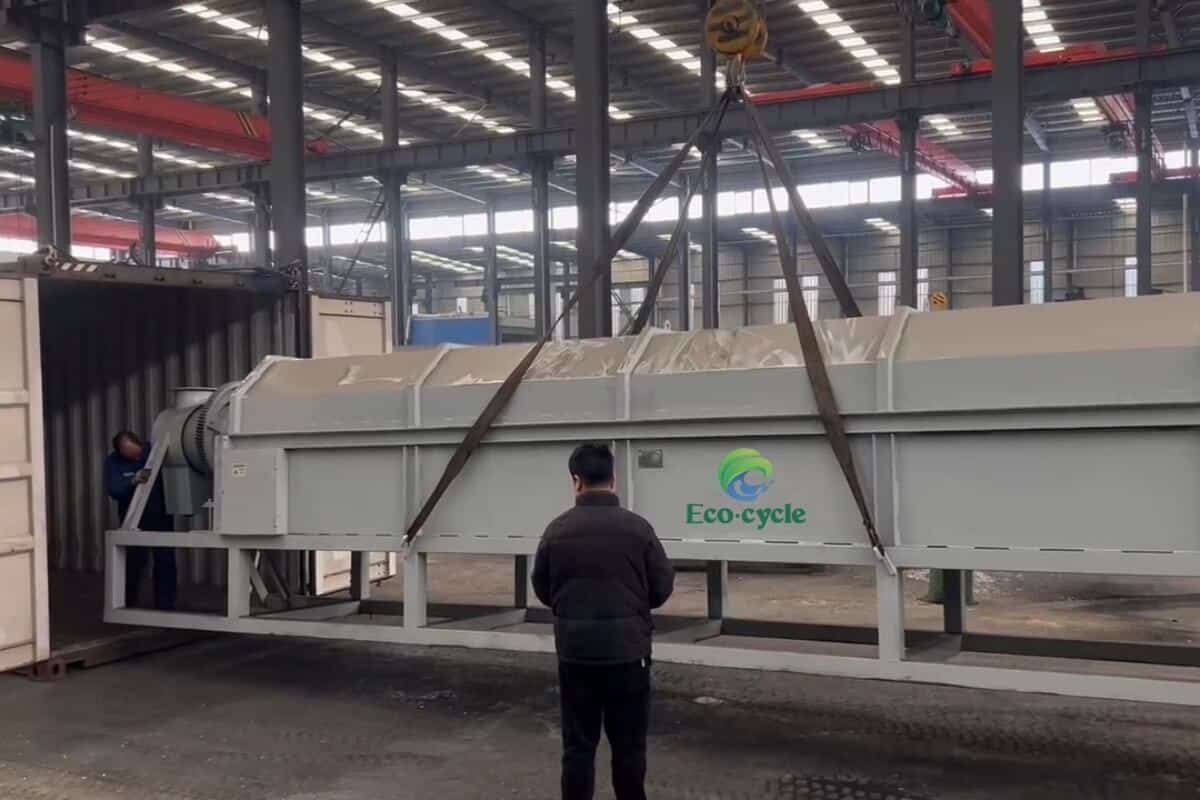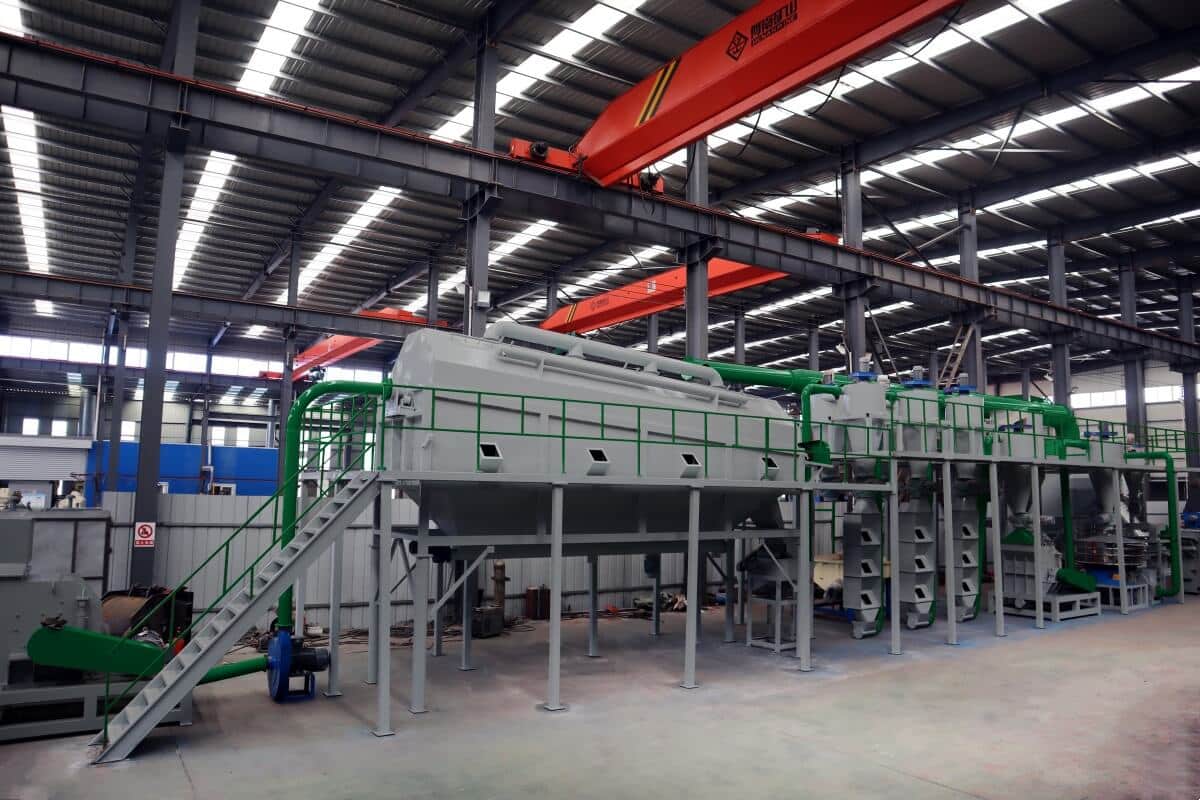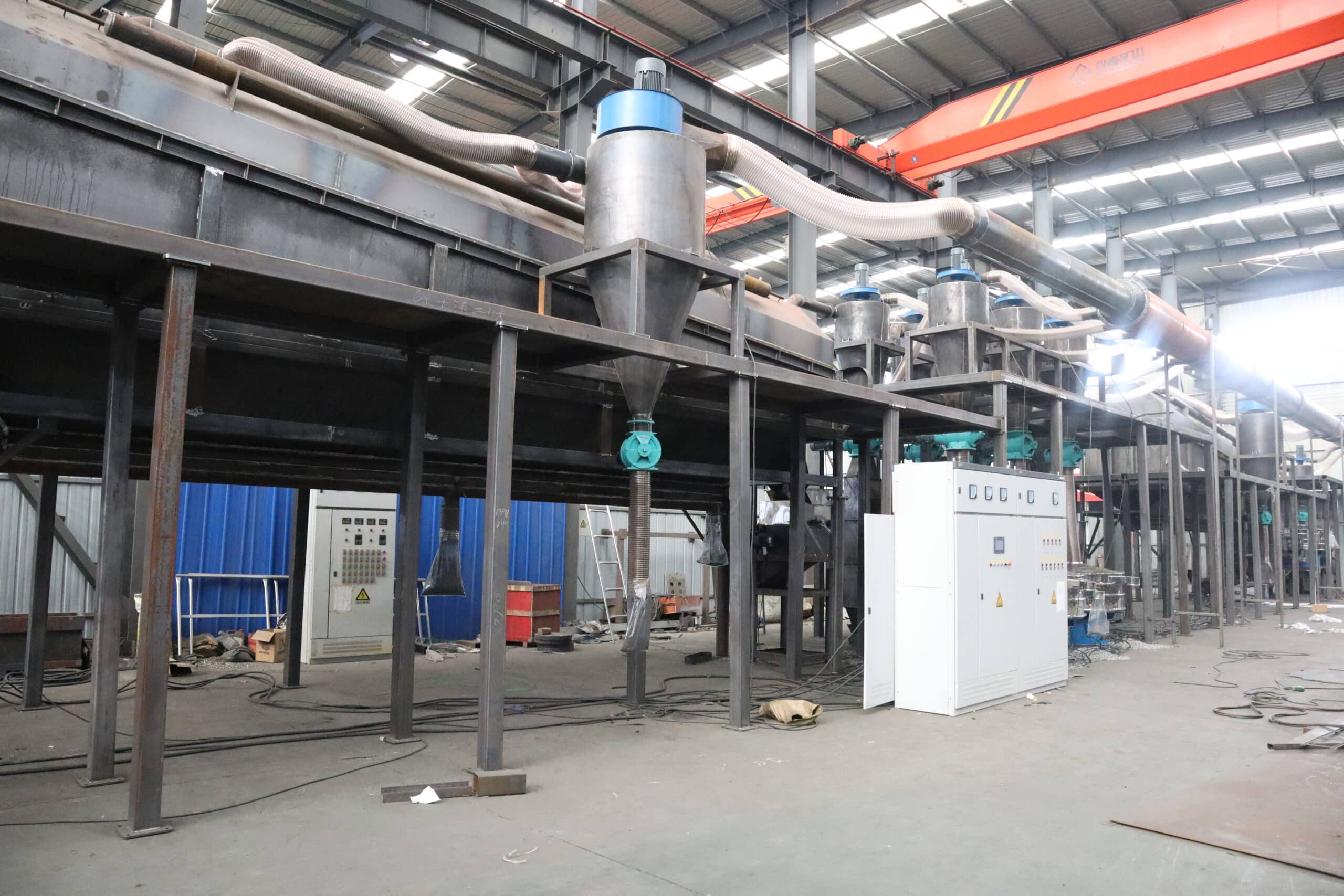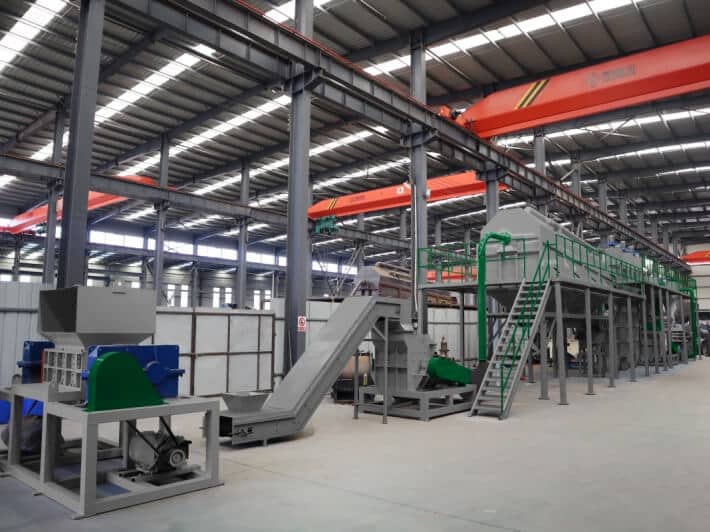In the new energy field, the ‘decommissioning tide’ of automotive power batteries is getting closer and closer. The decommissioning of power batteries is also a windfall for the recycling industry, and the industry is accelerating its layout.
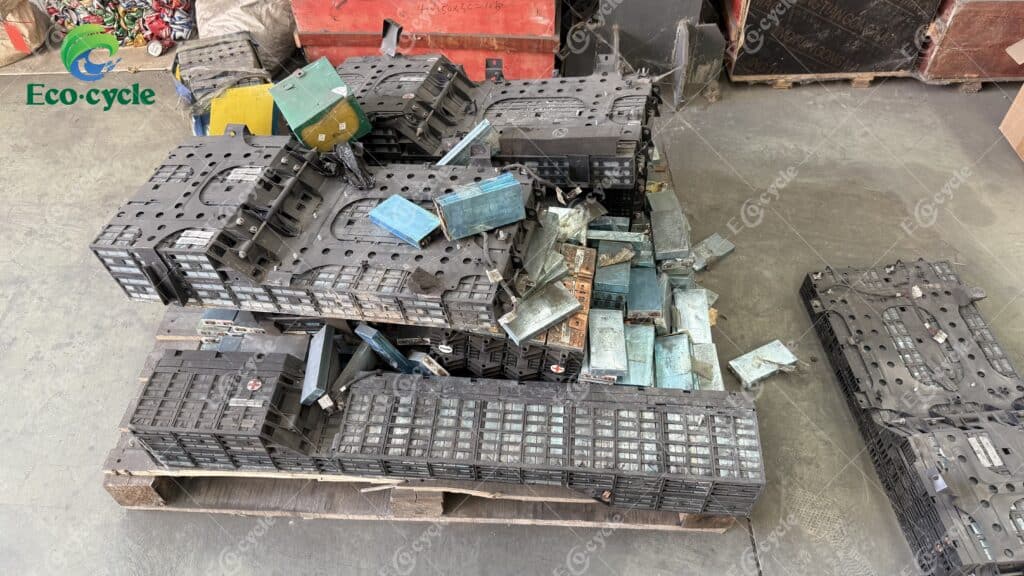
With the rapid growth of new energy vehicles and power battery production, how to properly handle retired batteries and effectively carry out recycling has become the key to promote resource recycling, alleviate the pressure of resource shortages, and promote the sustainable and healthy development of green industry.
Automotive power batteries are mainly ternary batteries and lithium iron phosphate batteries, lithium, nickel, cobalt, manganese and other metal resources with a high content, known as ‘urban mine’.
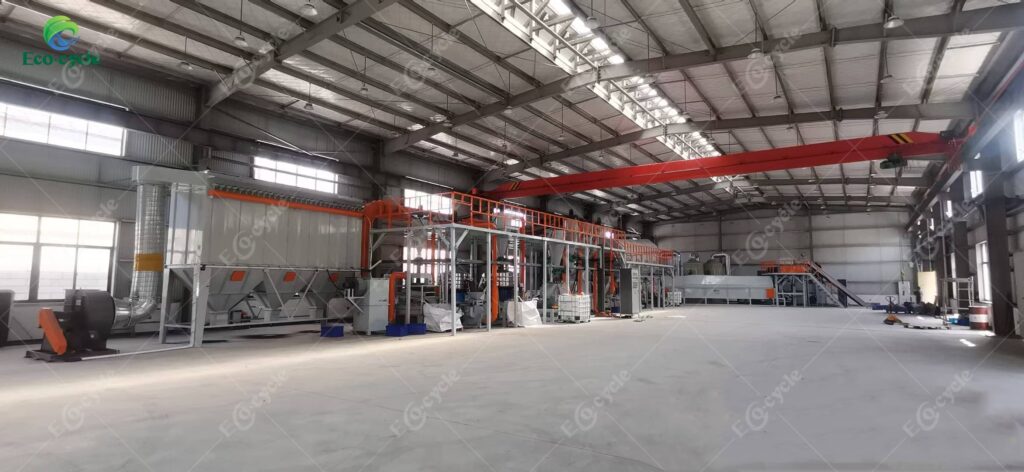
Industrial value and market prospect of lithium battery recycling
Lithium batteries are regarded as environmentally friendly batteries, and their waste recycling is crucial to prevent further deterioration of environmental pollution.
Lithium batteries are rich in valuable recyclable metals such as cobalt and lithium, and an efficient resource recycling system can be established through specialised waste lithium battery treatment equipment.
The lithium battery recycling and treatment system not only helps to reduce the energy consumption in the separation process, but also can initially achieve the recycling and treatment goals of harmlessness and resourcefulness by reusing the valuable components.
The booming development of lithium battery recycling is not only a powerful response to the resource crisis, but also a key step to promote industrial upgrading. Follow me to learn more about lithium battery recycling programme.

